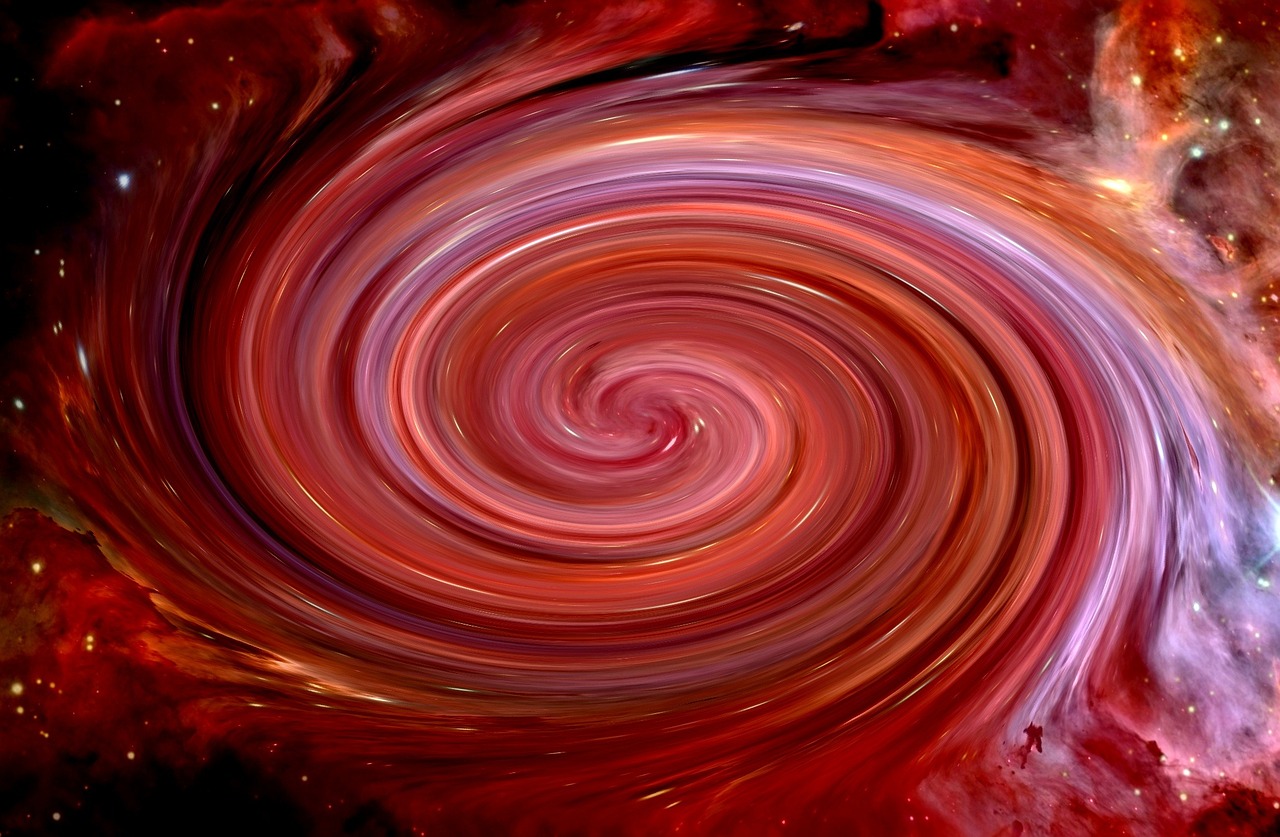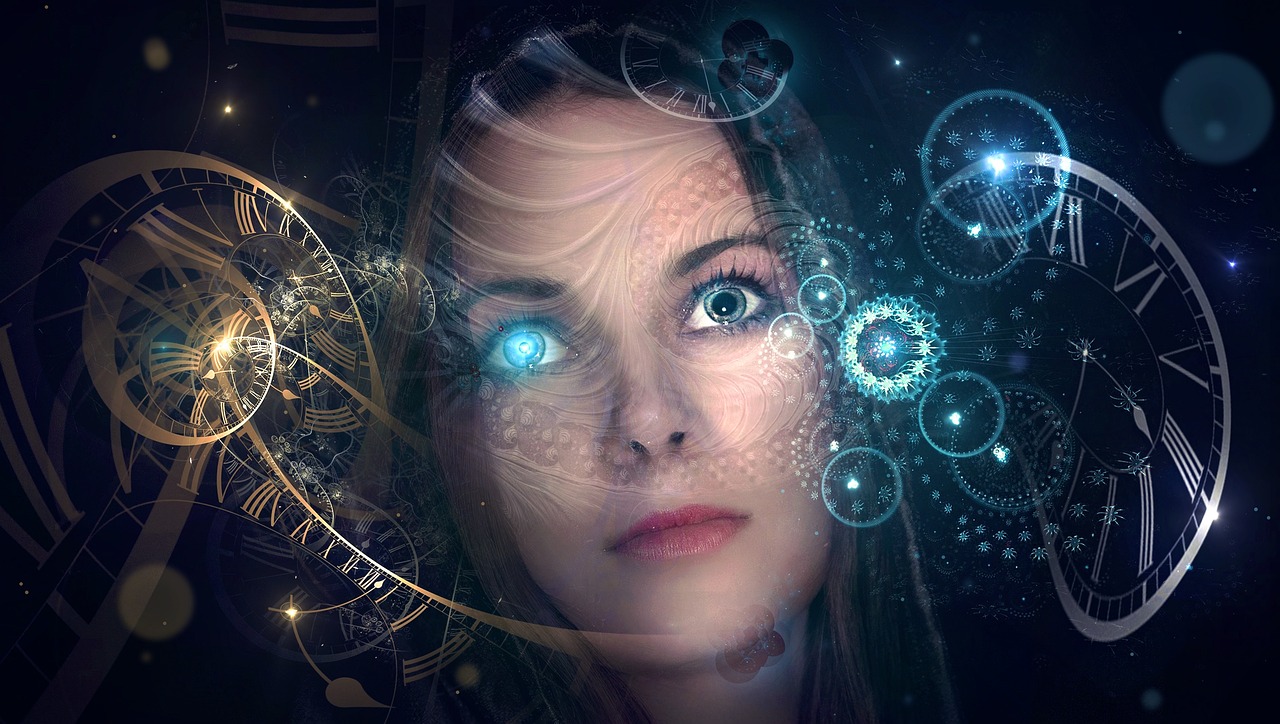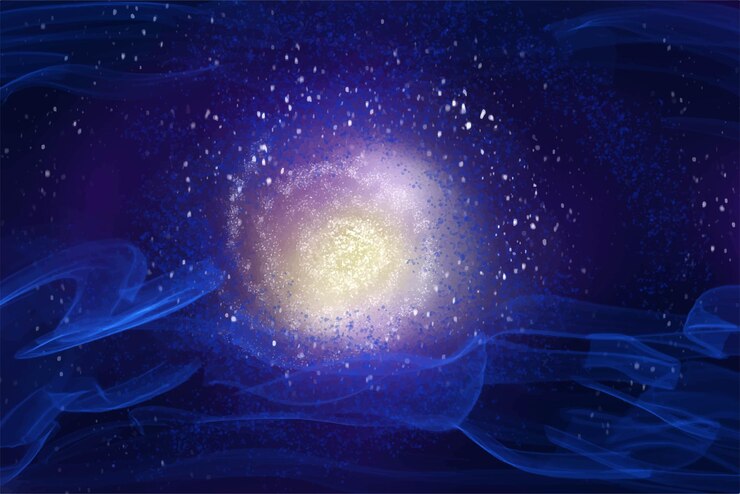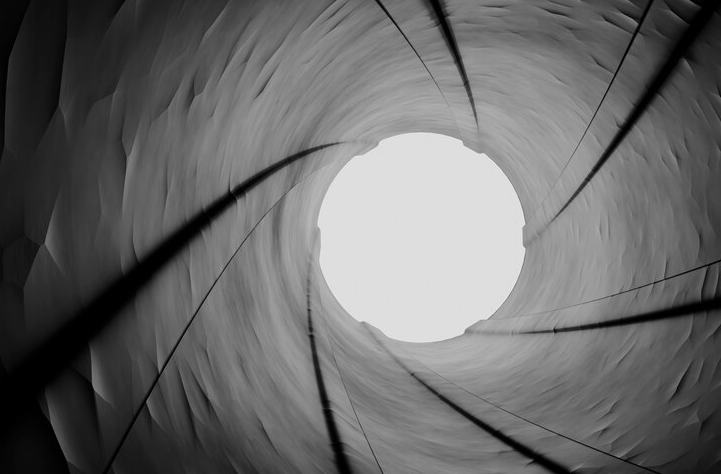Picture this: You’re binge-watching a show, and the characters suddenly break the fourth wall, aware you’re watching. Creepy, right? Now imagine the universe itself doing this—changing its behavior because you’re looking.
This is the Quantum Observer Effect, a phenomenon where the act of observation alters reality at its most fundamental level. But does this mean we—our minds—are cosmic directors? Let’s dive into the quantum rabbit hole.
What Is the Quantum Observer Effect?
At its core, the Observer Effect reveals a quantum quirk:
- Particles are shy: In the famous double-slit experiment, electrons act like waves when unobserved (creating interference patterns) but snap into particle behavior when watched.
- Reality’s stage fright: Measuring a quantum system isn’t passive—it forces the system to “pick a lane.”
But here’s the kicker: What counts as “observation”? A camera? A human? A cockroach?
The Science: How Observation Rewrites Quantum Scripts
1. Wave-Particle Duality
Particles are quantum chameleons:
- Wave mode: Unobserved, they spread out like ripples in a pond.
- Particle mode: Observed, they “choose” a single path.
2. The Copenhagen Interpretation
This mainstream view says particles exist in superposition (all states at once) until measured. The act of observation “collapses” the wavefunction into reality. Think Schrödinger’s cat, but less furry and more math.
3. Quantum Entanglement’s Twist
Observe one entangled particle, and its partner instantly “chooses” a state—even light-years away. Einstein hated this “spooky action,” but experiments confirm it.
Real-Life “Observer Effects” Beyond the Lab
- The Placebo Effect: Patients heal because they believe they’re treated. Mind over molecules?
- The Hawthorne Effect: Workers perform better when watched. Quantum mechanics for office productivity?
- Social Media Algorithms: Ever notice ads for that thing you just talked about? (Okay, that’s probably not quantum. But still creepy.)
Consciousness: The Elephant in the Quantum Room
Some theories suggest the mind itself shapes reality:
1. Orchestrated Objective Reduction (Orch-OR)
Proposed by Roger Penrose and Stuart Hameroff, this theory links consciousness to quantum vibrations in brain microtubules. Critics call it “wishful thinking,” but it’s a wild ride.
2. Quantum Consciousness
Could the brain be a quantum computer? If so, observing the universe might be a two-way street.
3. The Holographic Principle
If the universe is a hologram, consciousness might be part of the code—like Neo seeing the Matrix.
Philosophical Pandora’s Box
- Is Reality a Group Project? If observation defines reality, does a tree falling in an empty forest make noise?
- Free Will vs. Determinism: If particles “decide” when observed, do we have quantum free will?
- Ethics of Looking: Should we think twice about peeking at quantum systems? (Spoiler: Too late.)
Testing the Observer Effect: Can We Prove It?
- Delayed-Choice Experiments: Particles seem to “decide” their past behavior after being observed. Time-traveling electrons?
- Quantum Eraser: Erase measurement data, and the particle reverts to wave behavior. Reality: “Plot twist!”
- AI Observers: Does a machine count as an observer? Early experiments suggest yes—no consciousness required.
Why Should You Care About the Quantum Observer Effect?
You might think, “Cool quantum quirk, but how does this affect my morning coffee?” Here’s why this mind-bending phenomenon matters:
1. It Challenges Everything You Know About Reality
- Subjective vs. Objective: If observation shapes reality, the universe isn’t a fixed stage—it’s an interactive game. Your role? More than just a spectator.
- Daily Life Parallels: Ever felt like your mood changes when someone watches you work? The Observer Effect takes that idea to cosmic extremes.
2. It Could Revolutionize Technology
- Quantum Computing: Harnessing quantum behavior (like superposition) could lead to computers solving problems in seconds that take classical machines millennia. Understanding observation is key to controlling these systems.
- Medical Imaging: Advanced quantum sensors might one day detect diseases at the molecular level—by “observing” subtle changes in cells.
3. It Forces Us to Rethink Consciousness
- Mind Over Matter?: If consciousness influences quantum states, could meditation or focused thought have untapped scientific potential?
- AI Ethics: If machines can “observe” and collapse wavefunctions, does that blur the line between human and machine agency?
4. It’s Tied to Life’s Biggest Questions
- Free Will: Are your choices truly yours, or are particles “deciding” for you?
- Existential DIY: If reality is participatory, are we all co-creators of the cosmos?
5. It’s Already in Your Life (Yes, Really)
- Tech You Use: GPS relies on quantum mechanics. Tiny observer effects in satellites could (theoretically) impact accuracy.
- Social Dynamics: The Hawthorne Effect (changing behavior when watched) mirrors quantum observation—bosses and influencers take note.
FAQ: Your Quantum Quandaries, Answered
Q: Does this mean I can manifest reality with my mind?
A: Nice try, but no. The Observer Effect applies to quantum systems, not parking spots or lottery tickets.
Q: Is the universe a simulation?
A: Maybe, but the Observer Effect doesn’t prove it. (Though it’d explain a lot of glitches.)
Q: Can my cat collapse wavefunctions?
A: Yes. But your cat’s probably judging you, not quantum physics.
Final Thoughts: Are We Quantum Puppeteers?
The Observer Effect blurs the line between observer and creator. It’s a humbling reminder that reality might be a collaborative art project—one where we’re both audience and artist.
As physicist John Wheeler put it, “We are participators in bringing into being not only the near and here but the far away and long ago.”
What do you think?
Is consciousness shaping reality, or are we just overthinking subatomic stage fright? Share your mind-bends below—and if you’re hooked on quantum weirdness, explore What If Every Decision You Make Creates a New Universe? Exploring the Multiverse Theory.
Subscribe for more reality-shaking science!
Disclaimer: This article explores theoretical concepts. The role of consciousness in quantum mechanics remains unproven and debated within the scientific community.






